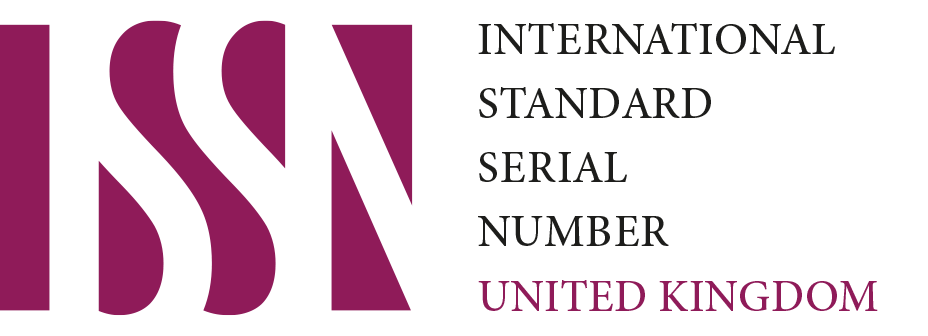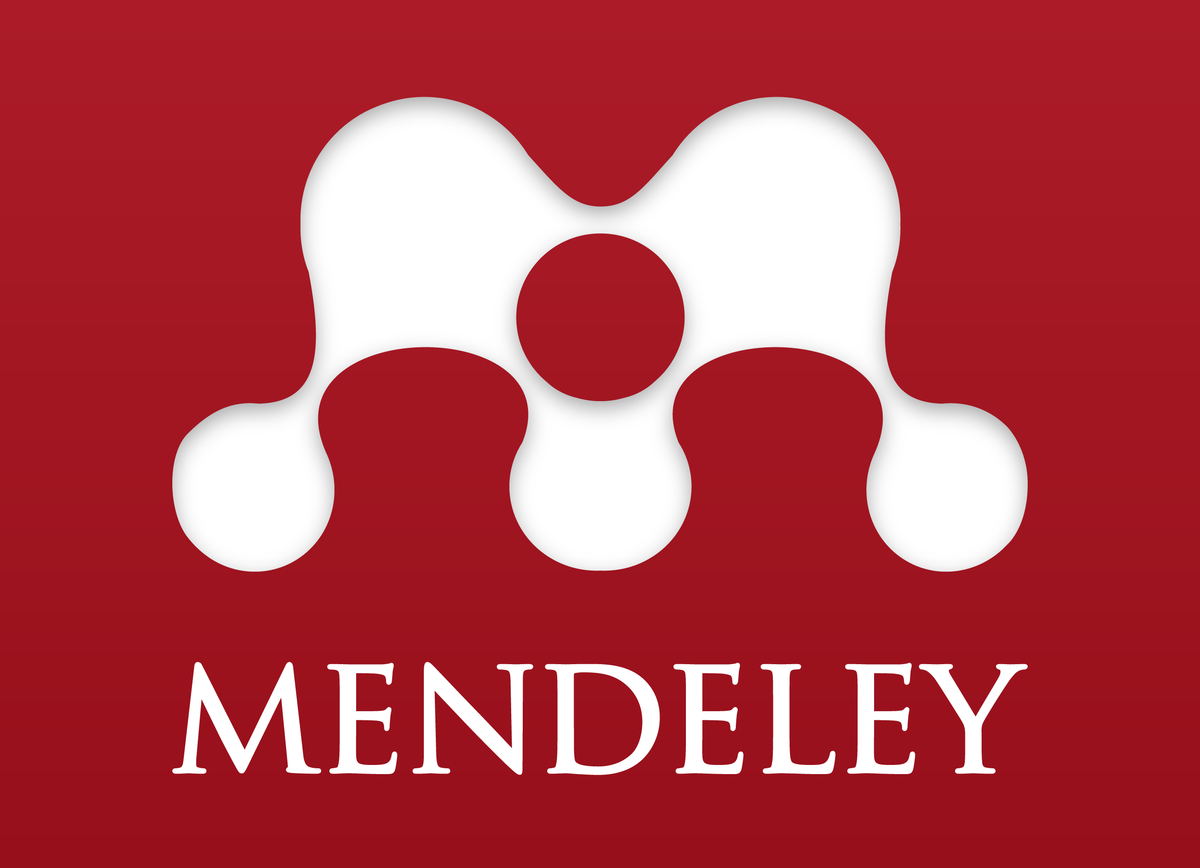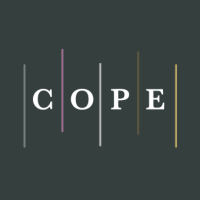The Shift to an Interest-Free Economy: Pakistan’s Journey Toward a Fully Islamic Banking System
Keywords:
Islamic Banking, Interest-Free, Pakistan, Transformation, Shariah ComplianceAbstract
The transition to an interest-free economy represents a critical economic transformation, reflecting the intersection of Islamic principles and contemporary financial practices. This article studies Pakistan’s pioneering journey toward establishing a fully Islamic banking system, exploring its strategies, challenges, and opportunities. The research addresses two pivotal questions: (1) What policy frameworks and institutional reforms have facilitated the shift to an interest-free banking system in Pakistan? (2) What are the socio-economic implications of this transformation on the financial ecosystem and public trust? Employing a qualitative methodology through in-depth literature review analyses, the study synthesises findings from policy reports, scholarly articles, and regulatory data to evaluate Pakistan’s progress and lessons learned in this ambitious endeavour. The analysis reveals that robust regulatory frameworks, public-private collaboration, and Shariah-compliant financial innovations have significantly advanced the transition. However, critical challenges persist, including ensuring financial inclusion, overcoming operational inefficiencies, and addressing public scepticism. Furthermore, the article examines the role of Islamic banking in enhancing economic equity, reducing financial disparities, and aligning financial practices with ethical principles rooted in Shariah law. Findings emphasise that while Pakistan’s progress offers a blueprint for other economies aspiring to adopt Islamic financial models, sustained commitment to education, technological adaptation, and regulatory coherence is imperative. Recommendations include leveraging fintech solutions for Shariah-compliant services, fostering international collaborations to harmonise standards, and engaging communities to build trust and participation. By aligning modern financial systems with Islamic values, Pakistan’s journey underscores the broader relevance of ethical finance in fostering sustainable and inclusive economic growth.










